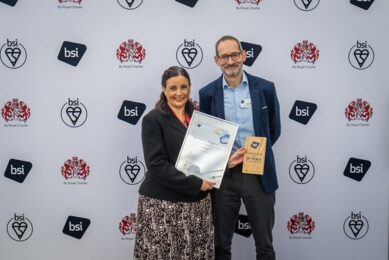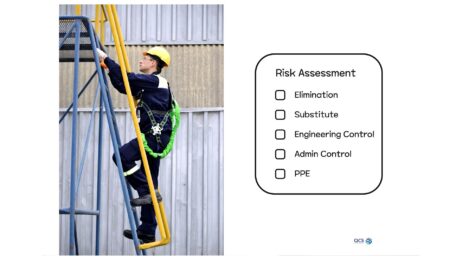October is ADHD Awareness month. How aware are you about the signs, traits, behaviours, challenges, and opportunities of a colleague who is neuro-divergent? ADHD is one of many conditions that come within the broad spectrum of neurodiversity, this term including other conditions such as Tourette’s, Dyslexia, Asperger’s Syndrome, and Autism Spectrum Disorder. Here are 6 simple tips to help anyone who is neurodivergent at work that won’t single them out as being “different” and will help to make their time at work easier to manage.
- Provide a framework and timings – many neurodivergent people need routine and structure rather than being left to get on with a project without any timelines.
- Write clear notes when sending meeting / calendar invites. Uncertainty causes anxiety to many people, including those who are neuro divergent. Instead of writing “meeting with … “write something like update meeting regarding “name of project or topic”
- Provide flexible working patterns. Some neuro-divergent people find the background noise of a workplace to be stressful and distracting, particularly when they are in hyper-focus mode. This can be a real super-power if they can harness this high period of concentration and they can produce high quality work in a short timeframe. If they must be in the workplace, give them a quiet room or area, or allow them to work somewhere else of their own choosing.
- Break larger projects into smaller bite-size chunks, each with an output/ targets and objective. This helps to reduce the feeling of being overwhelmed and out of control.
- Workers with ADHD can be very impulsive and get distracted easily. Giving the person a clear framework, explaining the relevance, and showing them why their work and input is so relevant may help. Get their involvement and input to help them with their focus.
- A common feature of neuro-divergence is “time blindness”. Support the worker to set up time reminders on tasks they are allocated (e.g., via their calendar or even on their phone or watch) and provide a little extra time for the worker to complete a task so they can enter their hyper-focus mode and achieve high quality work without anxiety about failure.
These will work for many workers, both neuro-divergent and neuro-typical. The fascinating thing about neuro-divergence is that it affects everyone in different ways so a “one rule to fit all” approach will not work. An assessment should be completed so that the traits of the individual can be considered in relation to their work and working environment, so that the adjustments that are needed are tailored to the individual. Therefore, flexible working practices are needed, along with some specialist guidance and input on health and safety workplace assessment of those with neuro-divergent conditions.



